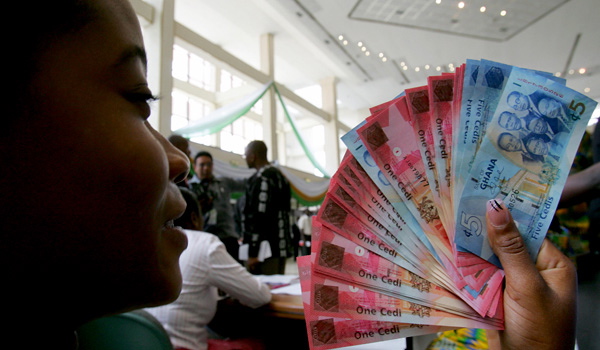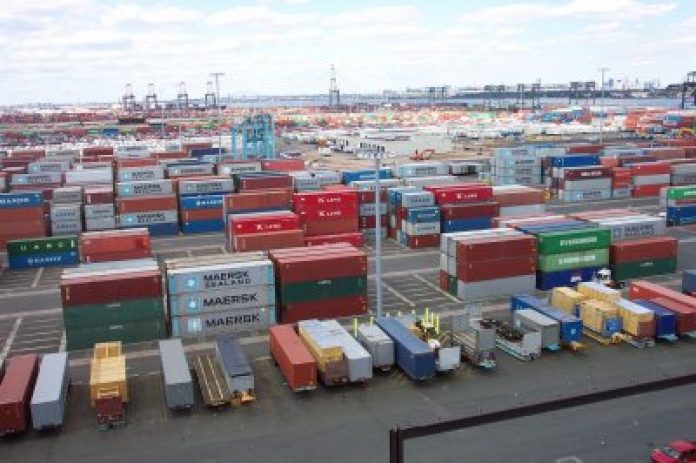Ghana`s policy rate has generally seen a decline from as high as 25.50 in January, 2017 to the current lower 17% as at July, 2018. When the news of an impending MPC meeting was announced, economic analysts shared varied views on what they supposed will be the policy rate decision; whereas some economists projected an increase in the monetary policy rate, a few others maintained that despite the possibility of an increment, it was unlikely that the Central bank will decide on either an increment or a reduction.
Related: Ghana’s Policy Rate now at 17%
www.ghanatalksbusiness.com and a few business websites are among the latter group who projected that the policy rate will be maintained, not necessarily because it makes economic sense but at least in part because it will be in sync with the government`s quest to maintain a lower single-digit interest rate that gives a sense of a strong economic outlook – with perhaps all economic indicators pointing towards a positive direction.
A press release sighted by www.ghanatalksbusiness and dated September 24, 2018, reveals that the policy rate that stood at 17% for the last couple of months remains unchanged.
The release follows a Monetary Policy Committee (MPC) meeting where the decision to maintain the policy rate was reached. In the release, the MPC stated:
“Given these considerations and weighing the balance of risks the committee decided to keep the policy rate unchanged but will continue to monitor closely developments in the coming months and take the appropriate policy actions to address any potential threats to the inflation outlook.”
It will be recalled that short-term treasury yields posted a mixed performance prior to the announcement of the policy rate by MPC. The central bank’s benchmark measurement of economic performance (CIEA) recorded real growth of 6.6% for the first 7 months of 2018, up from 2.1% recorded in a similar period in 2017.
However, businesses have generally slowed down and consumer confidence has largely plummeted mainly because of continual depreciation of the Cedi, leading to higher inflation expectations. While inflation has dropped from 10.0% to 9.9% since the last but one MPC meeting, the trend shows that inflation has risen having dropped from 10.0% in June to 9.3% in July before rising to 9.9% in August.
Short-term yields have improved in the last couple of weeks as the relevant stakeholders aim to mop up excess liquidity to keep inflation expectations in check and to support the Cedi. Even though, Ghana’s inflation targeting monetary policy regime would have tended to influence central bank to opt for an upward adjustment of the policy rate to support their move to mop up excess liquidity, such a move will not have garnered the support of political authorities. The government is seeking to usher the economy into a low interest regime. Why so? A low interest regime will boost credit to private sector and possibly help prevent bank failures that have thus far cost the nation billions of Cedis.
MPC has announced that its next meeting will be held from November 21-23, 2018 and that the meeting will conclude on Monday, November 26th, 2018 with the announcement of the policy decision.
Analyst of www.ghanatalksbusiness.com projects an upward adjustment of the policy rate come November, 2018 if the economic squeeze continues. A decision to either maintain or reduce the policy rate at the next meeting of the MPC may not be congruent with the economic conditions.
![]()







